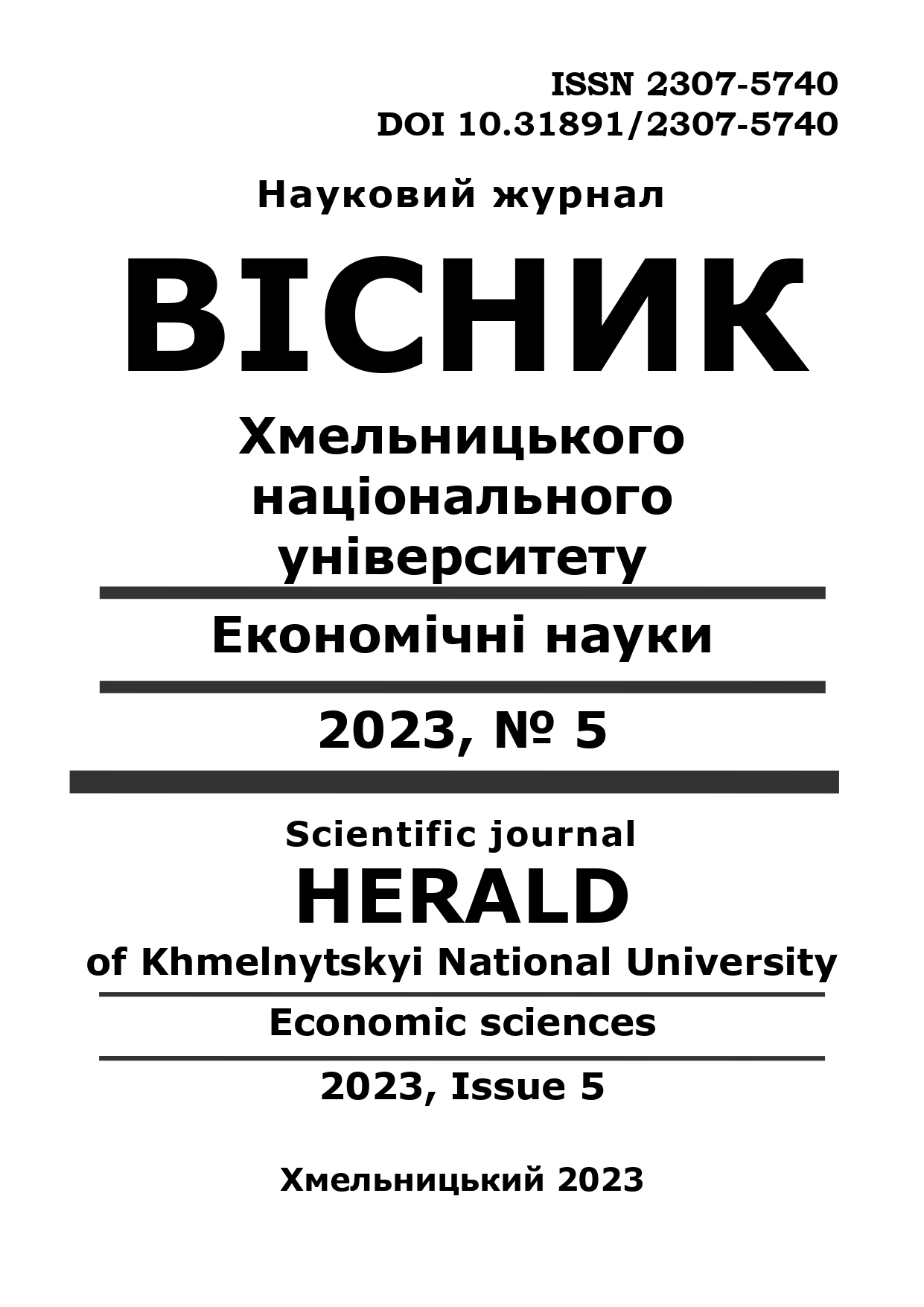PRINCIPLES AND FORMS OF AGRICULTURAL COOPERATION IN THE PROCESS OF INSTITUTIONAL TRANSFORMATIONS IN AGRICULTURAL ECONOMY
DOI:
https://doi.org/10.31891/2307-5740-2023-322-5-62Keywords:
agricultural cooperation, institutional transformations, agricultural economics, food security, state supportAbstract
In the process of institutional transformations of the agricultural economy, agricultural cooperation plays a key role in strengthening the positions of agricultural producers and increasing their competitiveness. The basic principles of an agricultural cooperative include voluntary participation, economic equality, democratic governance, and the sharing of risks and benefits among cooperative members. Forms of agricultural cooperatives vary from production and consumer cooperatives to credit and marketing associations that provide a wide range of services and opportunities for their members. Institutional transformations in the agricultural economy, in particular, reforming property rights, developing market infrastructure, and introducing new financial instruments, contribute to the formation of effective cooperative associations. These processes are aimed at creating conditions for the sustainable development of agriculture, increasing the level of well-being of the rural population, and improving the ecological situation. In the context of global challenges, such as climate change, instability in international markets and the consequences of the war in Ukraine, agricultural cooperation becomes even more important as a mechanism for protecting the interests of small producers and ensuring food security. Successful implementation of cooperative initiatives depends on adequate state support, effective institutional mechanisms and active participation of citizens in the decision-making process. The development of agricultural cooperation contributes not only to economic growth, but also to the social cohesion of rural communities. The success of cooperative models depends on integration with other agribusiness entities and the creation of clusters, which allows to increase the added value of products at all stages of production and sale. Thus, agricultural cooperation acts as a strategic tool for the development of the agricultural economy in the conditions of global changes. However, the transformational nature of the cooperation process predetermines the need to adjust the conceptual approaches to the development of its various forms in the agricultural sector of the region, facilitating the transition of small-scale production to an innovative development model.


